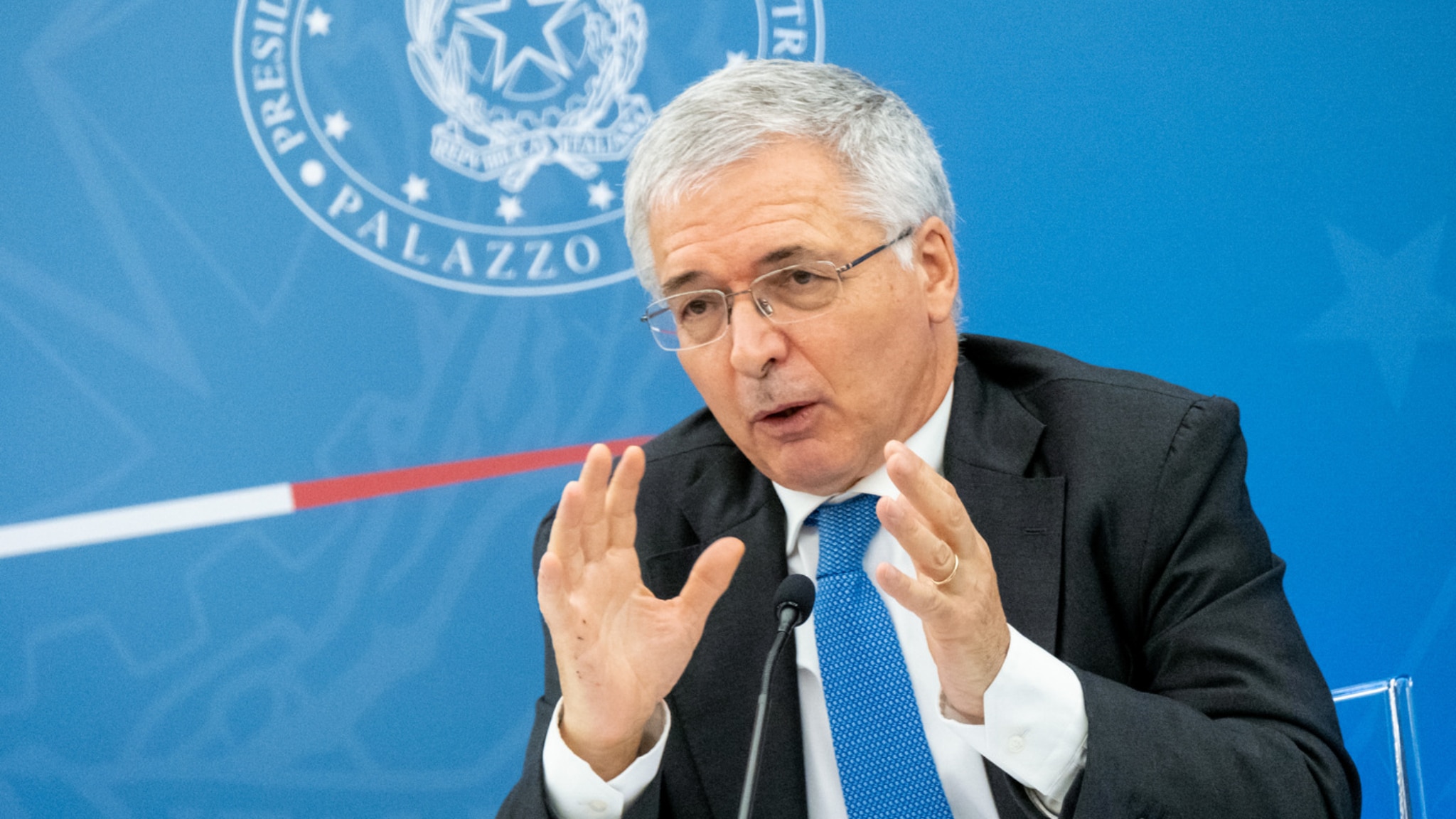"The public finance trends presented in this document are overall reassuring, although debt service is getting heavier."
Economy Minister Daniele Franco writes this in the introduction to the Update to the Def, approved by the Council of Ministers.
For the current year - the note then reads - the trend level of gross domestic product (GDP) is expected to increase by 3.3%, from 3.1% contained in the programmatic scenario of the DEF in April, thanks to growth higher than expected recorded in the first half of the year and despite a slight decline in GDP in the second half of the year.
Furthermore, due to the positive trend in revenues and the moderation of primary expenditure recorded so far this year, the trend net debt (deficit) is expected to decrease from 7.2% in 2021 to 5.1% in 2022.
And precisely the 5.1% deficit leaves room for maneuver between 8 and 10 billion euros, in practice a 'treasure' for a possible new decree.
The target indicated is in fact 0.5 points lower than that set in the Def and already authorized by parliament.
Therefore, if the new government wanted to intervene against expensive energy by the end of the year, it could use the leverage of debt and rise to the previously estimated 5.6%, authorized by parliament and considered by the EU in line with the targets.
Speaking of the European Union, in the Nadef the Minister of Economy recalls that "in 2024 the Stability and Growth Pact will re-enter into force - in the version that will arise from a consultation that the European Commission will open shortly on the basis of a proposed reform of the rules tax ".

